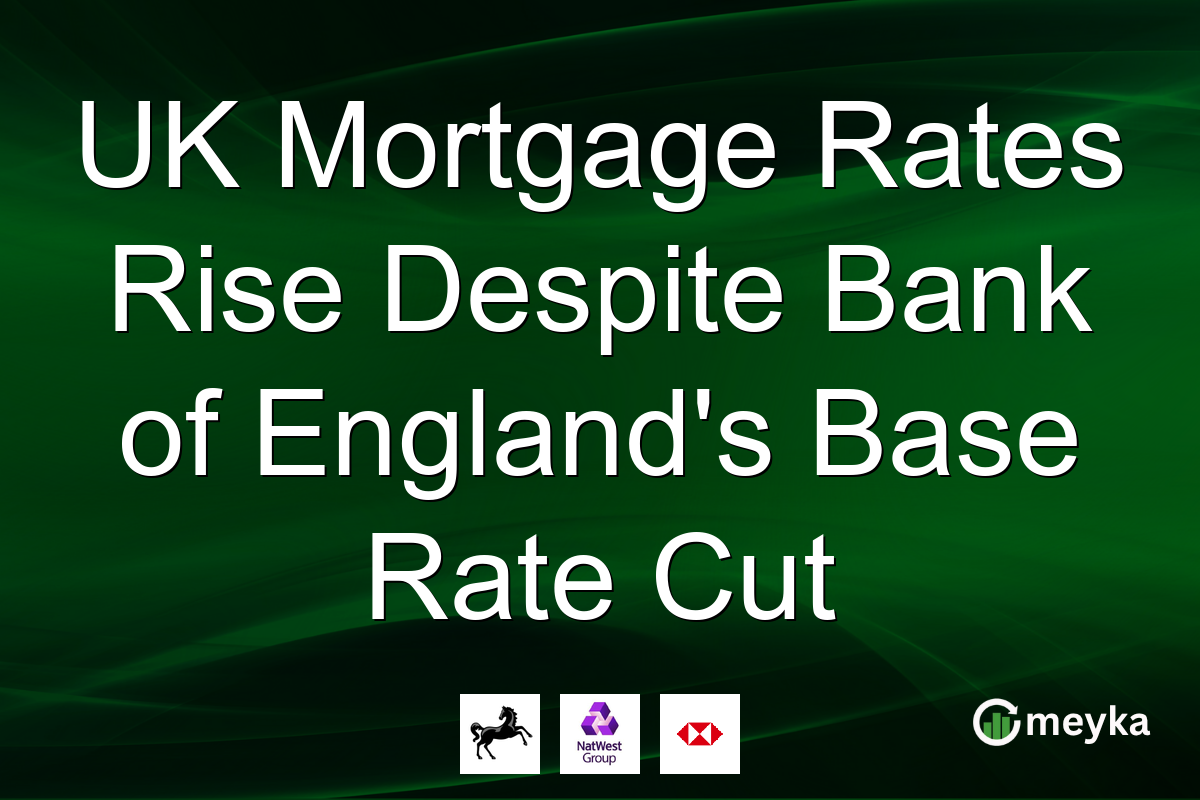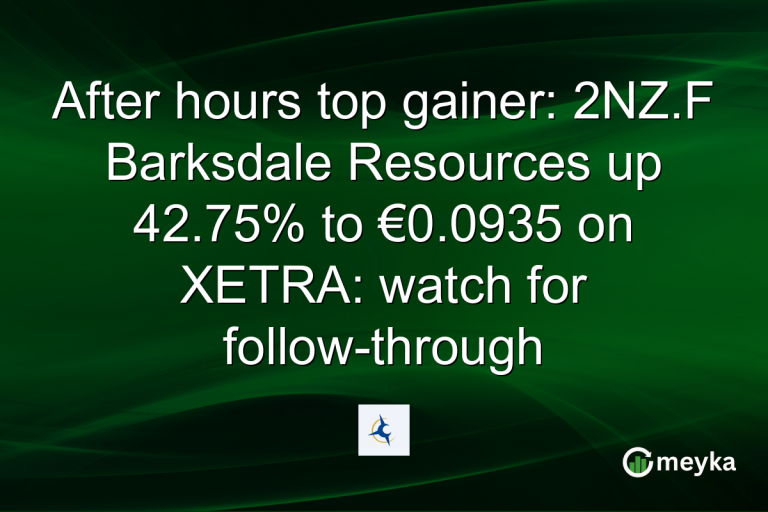UK Mortgage Rates Rise Despite Bank of England’s Base Rate Cut
In August 2025, the Bank of England made headlines by reducing its base rate from 4.25% to 4%. While one might expect this move to lower borrowing costs across the board, UK mortgage rates have surprisingly increased. This puzzling scenario raises concerns among homeowners and potential buyers. In this article, we explore why mortgage rates are defying expectations, examining factors like swap rates and economic uncertainties.
The Unexpected Hike in UK Mortgage Rates
Despite the Bank of England’s decision to cut the base rate, UK mortgage rates have not followed the anticipated downward trend. Instead, they have risen slightly. Several factors contribute to this unexpected increase, with rising swap rates playing a critical role. Swap rates are essentially the cost of borrowing between banks and impact how much lenders charge for mortgages.
Rising inflation and overall economic uncertainty have driven these rates up. When inflation is high, it erodes the purchasing power of money, prompting lenders to increase rates to safeguard against potential losses. As the UK navigates post-pandemic economic recovery, uncertainties overshadow the financial landscape. For instance, economic experts cite [inflation](https://www.reuters.com/markets/europe/inflation/) as a primary concern for maintaining higher rates despite the central bank’s efforts.
Financial institutions like Lloyds Banking Group (LLOY.L), with its extensive banking services and over 61,000 employees, have been affected. As of March 2025, its stock saw a price of £83.04 with a 3-month change of 25.45%, reflecting the broader financial conditions.
Impact of Economic Uncertainties on Mortgage Rates
Economic uncertainties strongly influence mortgage rate trends. In the UK, ongoing concerns about inflation and post-Brexit economic adjustments weigh heavily on the markets. This uncertainty has led to increased swap rates, which are a significant determinant of mortgage pricing.
The Bank of England’s base rate cut was aimed at promoting economic activity by making borrowing cheaper. However, global instabilities, like fluctuating oil prices and trade tensions, have countered its effects. NatWest Group (NWG.L), well-known for its diverse banking services, reflects these trends. With a current stock price of £558.6 and a recent increase of 4.10%, it shows robustness amid adversity.
NatWest, alongside others, navigates these conditions by adjusting financial products, ensuring they remain attractive and competitive. Its market cap of £41.2 billion highlights its significant role in the financial sector during such turbulent times.
The Role of Inflation in Mortgage Rate Increases
Inflation is a key player in the rising mortgage rates puzzle. As inflation rates soar, they increase the cost of goods and services, influencing how banks determine interest rates. Higher inflation leads to expectations of further monetary tightening, even if central rates are reduced.
HSBC Holdings (HSBA.L) illustrates the impact of inflationary pressures. The bank has seen its stock price at £960.7, reflecting changes consistent with market adjustments. Its historical performance, with a year-high of £978.79, suggests responsiveness to these economic factors.
The strategic movements by HSBC, such as its focus on global banking and markets, help it adapt to inflation impacts. This agility in financial markets allows HSBC to continue thriving, as indicated by its market cap of £164.3 billion.
Market Insights and Predictions
As we look ahead, the trajectory of UK mortgage rates remains complex. Analysts predict continued volatility, influenced by swap rates and broader economic conditions. Institutions like Lloyds Banking Group, NatWest, and HSBC must adapt strategies continually.
Real-time analysis from platforms like Meyka can offer invaluable insights into these shifting dynamics. Their predictive analytics and comprehensive tools are essential for investors keen on making informed decisions. With such resources, navigating these turbulent financial waters becomes manageable.
Investors should also monitor upcoming earnings reports, like those from Lloyds on October 23, 2025, to gauge further market directions. Stay informed with insights from authoritative financial platforms to strategize effectively in changing conditions.
Final Thoughts
In conclusion, despite the Bank of England’s effort to stimulate the economy by cutting the base rate, UK mortgage rates have risen. This increase highlights the complexities of the financial market, where factors like economic uncertainty and inflation play significant roles. As financial institutions continue to adapt, platforms like Meyka provide essential data-driven insights to navigate these turbulent times. Monitoring these trends becomes crucial for anyone involved in the housing market or financial sector.
FAQs
Rising swap rates and inflation, coupled with economic uncertainties, have driven UK mortgage rates up despite the base rate cut from the Bank of England.
Inflation increases borrowing costs by eroding currency value, causing lenders to raise interest rates to protect against potential financial losses.
Banks like Lloyds, NatWest, and HSBC navigate these economic conditions by adjusting their mortgage products and strategies to remain competitive and financially robust.
Disclaimer:
This is for information only, not financial advice. Always do your research.






